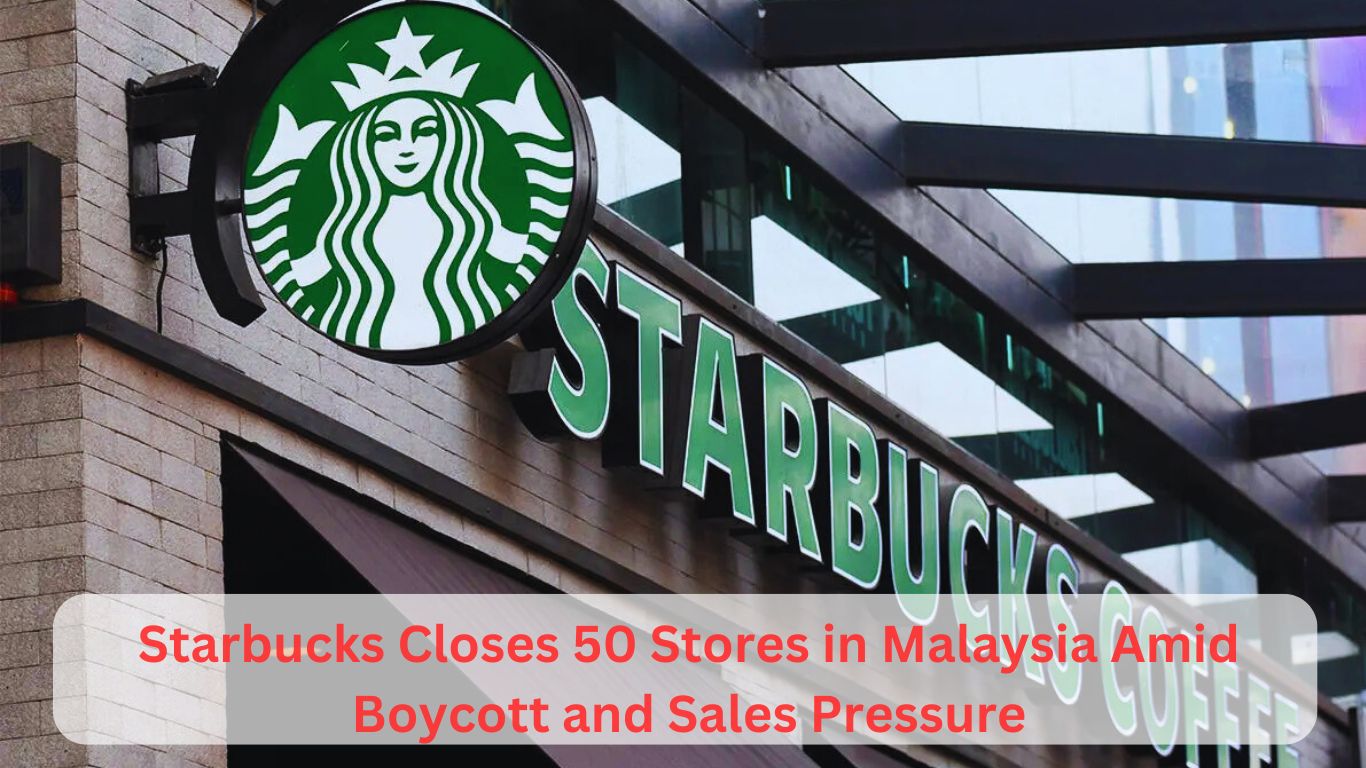Starbucks, the renowned global coffee chain, has announced the closure of approximately 50 stores in Malaysia amidst growing challenges in the region. With 408 outlets operating across the country, the company cited a range of factors contributing to the decision, including the ongoing Middle East conflict and potential boycott pressures.
Berjaya Food, the operator of Starbucks in Malaysia, acknowledged the effect of the Middle East situation on consumer behavior and sales performance. Although the company has not directly linked the closures to specific reasons, industry observers speculate that declining consumer sentiment and broader economic challenges may have influenced the move.
The closures have sparked widespread discussions on how geopolitical events can significantly impact international businesses. Boycotts related to the Middle East conflict have gained momentum in various countries, and Malaysia appears to be among the markets feeling the ripple effects. For a brand as globally recognized as Starbucks, navigating such periods of political and social tension becomes crucial for sustaining operations.
While Starbucks has faced challenges in the past, the current situation in Malaysia underscores the delicate balance between corporate operations and external factors, including geopolitical events and public sentiment. Analysts suggest that consumer loyalty can be unpredictable during such times, forcing companies to adapt their strategies rapidly.
It remains uncertain how Starbucks plans to address the situation and mitigate future risks in Malaysia. The company’s ability to maintain its long-term presence in the region will likely depend on strategic adjustments to align with shifting consumer attitudes and economic realities.
This development highlights the complex relationship between global brands and local markets, where political and social factors can create significant disruptions. How Starbucks responds to this challenge may serve as a case study in managing corporate resilience amid global and regional pressures.















